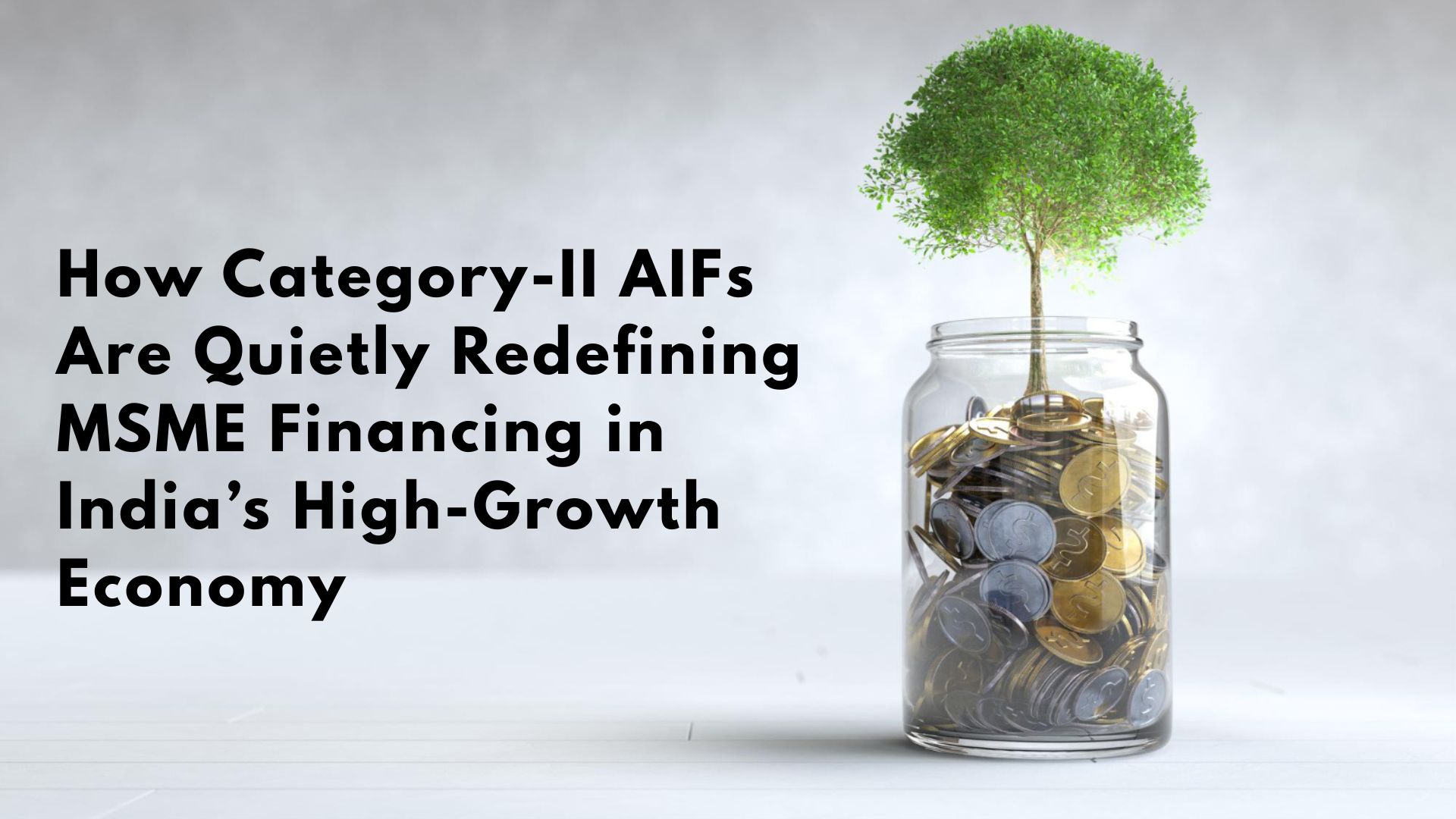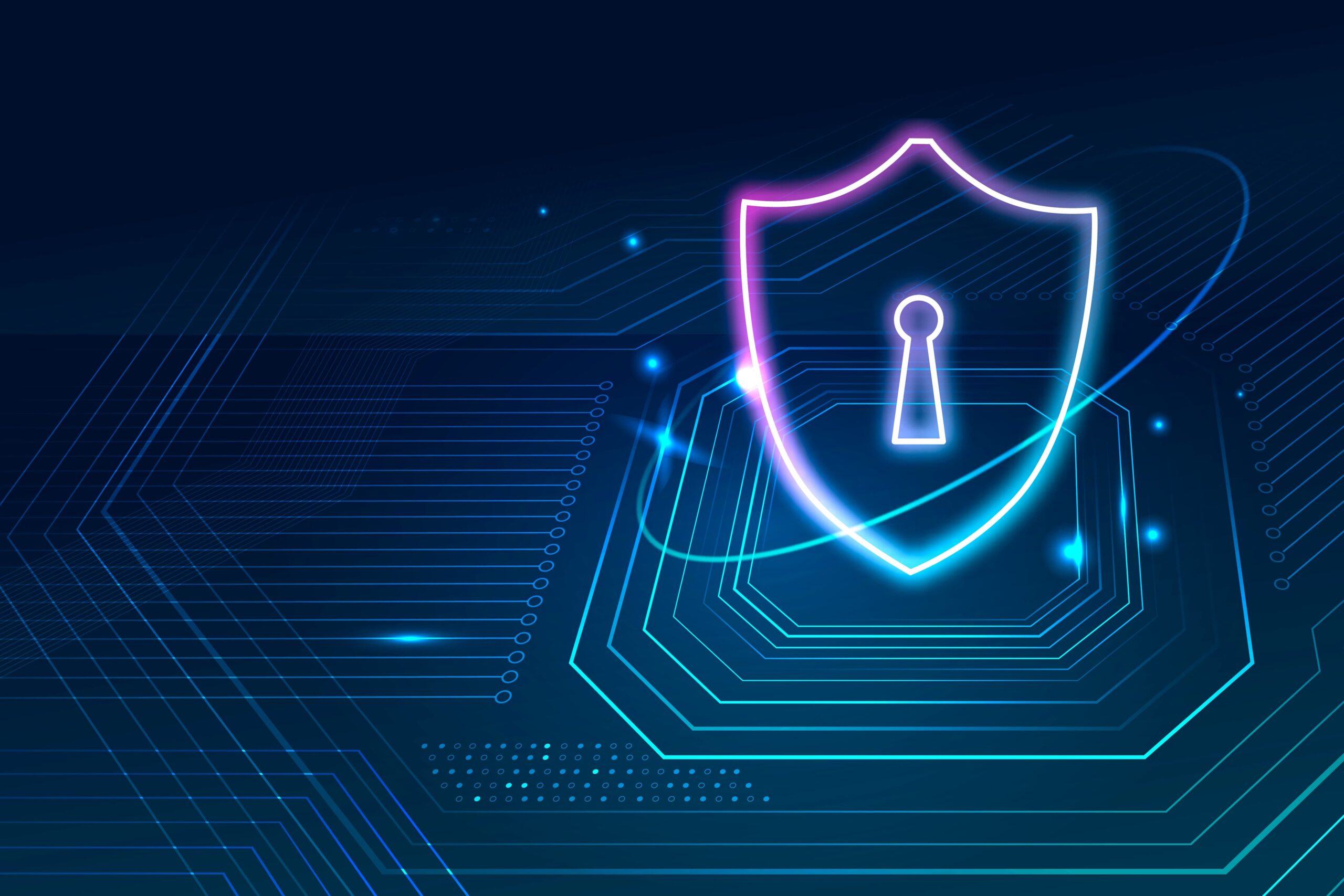Phygital Lending: A Lifeline for India’s MSMEs in the Digital Age

In a small village in India, Kavita, a skilled artisan, dreams of expanding her handcrafted jewellery business. However, accessing the necessary funds has always been a daunting challenge. Traditional banks, with their rigid procedures and extensive paperwork, seem like insurmountable obstacles. Enter the phygital approach—a transformative blend of physical and digital channels that is revolutionising the way micro, small, and medium enterprises (MSMEs) like Kavita’s access financial services.
The phygital model combines the best of both worlds, harnessing the speed and convenience of digital processes while preserving the personalised touch of traditional banking. For MSMEs, this means initiating loan applications online, submitting documents electronically, and benefiting from rapid credit assessments. Yet, the human element remains integral, with relationship managers and field agents providing on-ground support, answering queries, and building trust.
For entrepreneurs like Kavita, the phygital approach offers unprecedented accessibility. MSMEs in small towns and villages, often neglected by traditional financial institutions, can now easily apply for loans online. This digital gateway reduces the need for frequent trips to far-off bank branches, saving valuable time and effort. More importantly, it democratizes access to credit, reaching a broader spectrum of businesses that previously struggled to secure funding.
Speed is another significant advantage. Automated credit scoring, e-KYC (electronic Know Your Customer), and digital document submissions drastically cut down the time required for loan approvals. MSMEs, which frequently need quick access to funds to manage cash flow or capitalize on new opportunities, find this accelerated process invaluable.
Personalised Guidance
Despite the efficiency of digital processes, the importance of human interaction cannot be overstated. The phygital model ensures that MSME owners receive personalised guidance from relationship managers who understand their unique challenges and goals. This human touch is crucial, especially for those who may not be fully comfortable navigating digital platforms. It builds trust, reassures clients, and provides tailored advice that purely digital interactions often lack.
The phygital approach also enhances risk assessment capabilities. By integrating traditional credit evaluation methods with advanced digital analytics, lenders can make more informed decisions. Big data, machine learning, and AI analyse a broader range of financial and behavioural metrics, leading to more accurate credit scoring. This means that creditworthy MSMEs are more likely to receive the support they need, even if they don’t fit the conventional mould.
Peer-to-peer (P2P) lending platforms are an integral part of this phygital revolution. These platforms connect borrowers directly with individual lenders through an online marketplace, bypassing traditional financial intermediaries. For MSMEs, P2P lending offers an alternative source of funding that is often more flexible and faster than conventional loans. Entrepreneurs can present their business cases directly to potential investors, receive funds quickly, and repay loans on terms that are mutually agreed upon. The digital nature of P2P platforms complements the phygital model by providing another accessible, efficient avenue for financing.
Addressing the Credit Gap
Statistics underscore the transformative impact of these innovations. As of 2023, digital lending in India is projected to reach a market size of INR 47.4 lakh crore by 2026, growing at a compound annual growth rate (CAGR) of 22%. MSMEs contribute about 30% of India’s GDP and employ over 110 million people, yet only 16% have access to formal credit. The phygital model and P2P platforms are crucial in bridging this gap. Additionally, women-led MSMEs are on the rise, with approximately 20% of MSMEs in India now being owned by women, a number that is steadily increasing thanks to more inclusive financial services.
Women entrepreneurs often face additional barriers in accessing finance, including social norms and limited mobility. The phygital approach mitigates these challenges by providing the flexibility of digital applications combined with the support of local representatives. This inclusivity fosters the growth of women-led businesses, contributing to broader economic development and gender equality.
LendingTech companies, which specialize in digital lending solutions, are at the forefront of this transformation, making significant contributions to expanding credit access through innovative business models and technologies.
The COVID-19 pandemic further highlighted the importance of digital solutions, as lockdowns and social distancing measures forced many traditional financial institutions to limit their physical interactions. During this period, digital lending platforms saw a significant surge in usage, as MSMEs sought quick and remote access to credit to survive the economic downturn. The crisis accelerated the adoption of digital financial services and underscored the necessity of integrating digital and physical channels to build a resilient financial ecosystem.
However, the transition to a phygital model is not without challenges. Integrating digital and physical channels requires significant investment in technology and training. Ensuring data security and privacy is paramount, given the rising threat of cyber-attacks. Moreover, educating MSME owners about the advantages of digital tools and addressing their apprehensions is essential for widespread adoption.
Looking ahead, continuous innovation and collaboration among banks, fintech companies, P2P platforms, and regulatory bodies will be key to refining the phygital model. Leveraging advancements in AI, blockchain, and data analytics can further enhance its capabilities, making it an indispensable tool for MSME growth. For MSMEs, the phygital approach represents a lifeline, providing the financial support needed to turn dreams into reality. By addressing the unique needs of MSMEs with a blend of technology and human touch, the phygital approach drives financial inclusion, fosters trust, and accelerates economic development.











